Vision of justice
‘Justice is the end [goal] of government. It is the end of civil society,’ argued James Madison, one of the Founding Fathers and the fourth president of the United States, in the Federalist No. 51. Writing in the year that the First Fleet of British ships arrived at Sydney, Madison understood that citizens need to believe in the fundamental justness of a political regime for it to survive the test of time.
This is why it is short-sighted to dismiss as juvenile the tearing down of statues, cancelling of old movies and removal of products from shelves deemed offensive.
These actions are a part of a broader conception of justice based on identity politics, which holds that the primary moral unit and therefore that which is of most relevance to justice and politics is group identity. What matters is not the content of one’s character, but what biological, racial, or gender tribe one belongs to.
The identity politics view of justice is incompatible with the traditional Western notion of justice which is based on the inherent dignity and equality of all individuals, from which notions such as equality before the law and the rule of law are derived.
These two competing conceptions of justice were on display in the recent Black Lives Matter protests.
Mainstream Australians who had been patiently and diligently obeying social distancing rules were exasperated that apparently an entirely different set of rules applied to the protesters. But what actually happened was that two entirely different regimes were operating side by side: the mainstream regime based on the equal application of the law and the identity politics regime based on grievance, victimhood and claimed racial injustice.
Worse, the elites either actively encouraged the protests which were attended by at least four federal Labor MPs and one Greens MP, or they permitted them to take place without consequence. The argument that it was too difficult to enforce the law given the number of protestors was clearly a nonsense. State and federal governments have shut down roughly 80 per cent of economic and social life since mid-March. If they wanted to enforce the law, they could have.
The protests are just the latest example of a failure of the elites to take the side of mainstream Australians.
The principal institutions of cultural influence in Australia have for decades relentlessly foisted onto us the divisive framework of identity politics. It permeates the editorials of the ABC, tutorial rooms of universities, board reports of major corporations, pre-game rituals of major sporting codes, memos written by public servants and reports authored by taxpayer-funded bodies such as the Australian Human Rights Commission.
From the boardroom to the classroom and everywhere in between, mainstream Australians are consistently berated as racist, xenophobic, homophobic, transphobic climate deniers.
The reason why Labor, the Greens, and GetUp! campaign against any cut, or even a temporary freeze, to ABC funding is they know the ABC is the chief mouthpiece for identity politics. This is why GetUp! worked hand in glove with Labor to make ABC funding a central issue at the recent Eden-Monaro by-election.
Winston, the protagonist in George Orwell’s 1984, remarked that under Big Brother the past has been ‘abolished…every record has been destroyed or falsified, every book has been rewritten, every picture has been repainted, every statue and street building has been renamed.’ Regime congruence demands that the past must be brought into line with the present.
If Australia is irredeemably and structurally racist, as the identitarian Left contends, then justice demands it be deconstructed and re-written so that the British brought to Australia not liberty, democracy and equality, but violence, racism, and slavery. This is why statues must be toppled, rather than more being added, and history books re-written, rather than to simply have more discussion of our history. The point is not to debate, but to alienate mainstream Australians from their own country.
A sign of things to come is the New York Times’ 1619 Project, whose objective it is to reframe American history, ‘understanding 1619 as our true founding and placing the consequences of slavery and the contributions of black Americans at the very centre of the story we tell ourselves about who we are.’ The project argues modern America was not founded in 1776 but in 1619 when African slaves were first brought to the British colonies of North America. The point being that America was founded on slavery not liberty. A school curriculum with content based on the 1619 Project has to date been adopted in more than 3,500 classrooms in all 50 states across America.
If this is not a culture war, then nothing is.
Fortunately, mainstream Australians have proven remarkably resilient to the division encouraged by the elites. According to polling undertaken by the Institute of Public Affairs in 2019 and 2020, 71 per cent of Australians believe Australia has a history to be proud of, 88 per cent are proud to be Australian, and 92 per cent believe freedom of speech is an important Australian value.
This polling reflects a reality that there is more that unites than divides us as a country.
Two nurses or mechanics living in Dandenong, Penrith, Longreach, or Elizabeth of different racial backgrounds have far more in common than they do not. Most likely they own a home and are raising their own family or they aspire to, they work hard and want a better life for themselves and their family, they are honest, dutifully pay their taxes and follow the law, they take people as they are, and if they don’t themselves work in a small business one of their neighbours does.
The central debate today is a regime-level one about what it means to be an Australian, with mainstream Australian values on one side and identity politics on the other. But a house divided cannot stand, and only one vision of justice for Australia will prevail.
Got something to add? Join the discussion and comment below.
Get 10 issues for just $10
Subscribe to The Spectator Australia today for the next 10 magazine issues, plus full online access, for just $10.
Daniel Wild is the director of research at the Institute of Public Affairs
You might disagree with half of it, but you’ll enjoy reading all of it. Try your first month for free, then just $2 a week for the remainder of your first year.

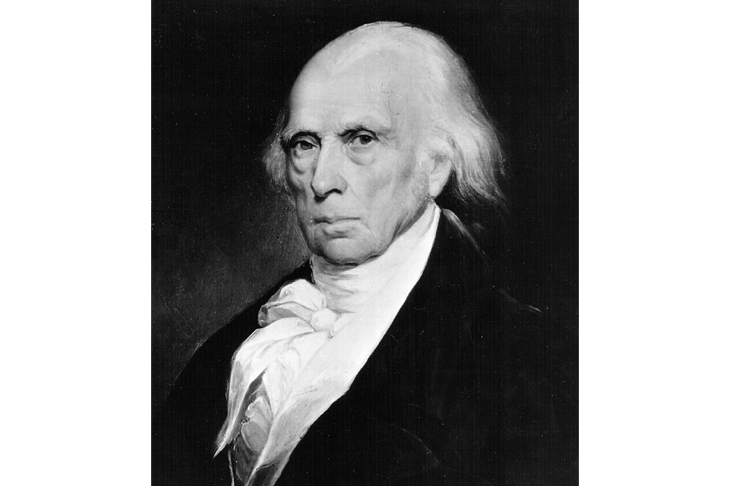
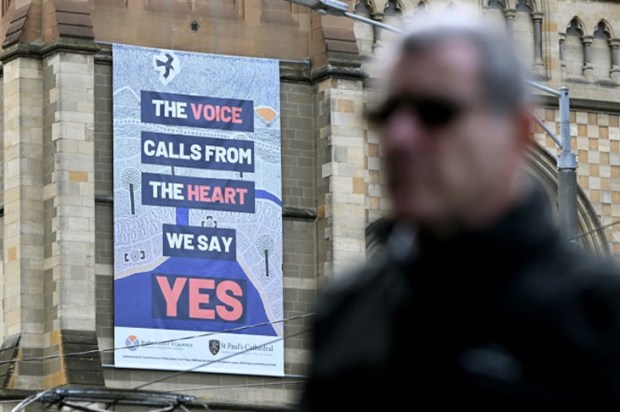
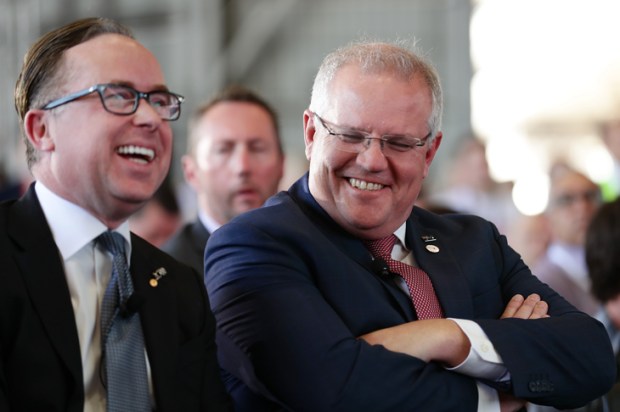
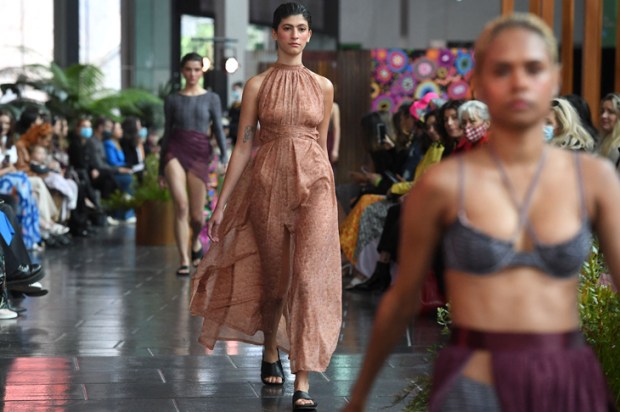
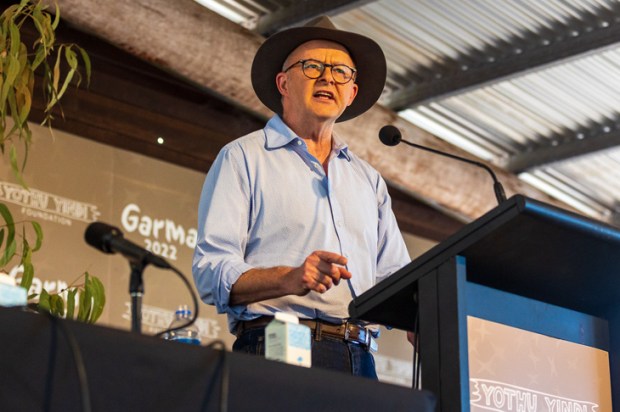

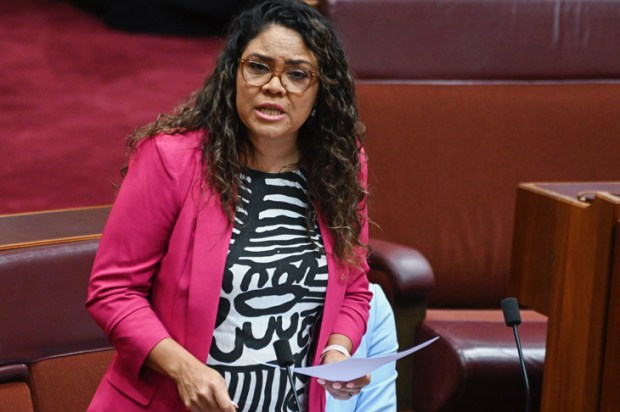






Comments
Don't miss out
Join the conversation with other Spectator Australia readers. Subscribe to leave a comment.
SUBSCRIBEAlready a subscriber? Log in